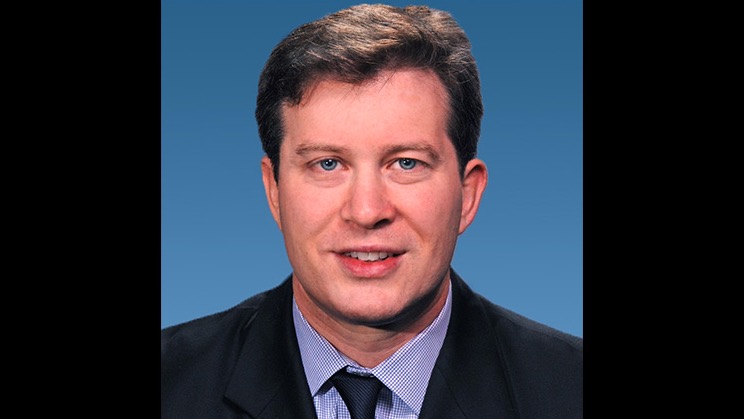ION Media Quietly Grows A Louder National Voice

The smarter way to stay on top of broadcasting and cable industry. Sign up below
You are now subscribed
Your newsletter sign-up was successful
Broadcasting’s big-league M&A deals, such as Sinclair Broadcast Group’s acquisition of Tribune Media, are playing out under the bright lights in an extraordinarily high-profile way. ION Media, meanwhile, has grown to noteworthy reach under the radar.
A major player in, and proponent of, the goings-on in Washington that currently are pointing toward greater consolidation — i.e. the reinstatement of the UHF discount — ION on June 20 announced that, pending government approvals, it would be adding three TV stations to its portfolio, bringing its total to 63.
The new additions are all ION affiliates: WRBU in St. Louis and WZRB in Columbia, S.C., which would be purchased from a trust set up after they went into bankruptcy; and Block Communications’ KTRV in Boise, Idaho. These moves would put the independent station group into the country’s 20 biggest markets, and 24 of the top 25.
The moves would leave Charlotte, N.C., (DMA No. 22) as the lone market in that echelon without an ION-owned station. But for how long? Given ION’s patterns, who knows? ION chairman and CEO Brandon Burgess has orchestrated the group’s growth, but he’s tightlipped about what the company has on the horizon. Seemingly the only certainty is a continued trajectory of growth.
“We like the broadcast business, that much is pretty obvious,” Burgess said. “And we are buyers, not sellers, so I think you’ll see us do more of that.”
Burgess sees this continued expansion as a way to bring ION’s core offering — free, over-the-air television, heavy on syndicated content and not affiliated with any Big Four network — to more viewers.
With its big-market focus, ION currently reaches 98 million households, and would add another 5 million if its three latest acquisitions are approved. Burgess hopes to ultimately hit 150 million homes, which is tantamount to cross-country reach. “We want to round out our distribution, to have national distribution, and we’re pretty close,” he said.
The smarter way to stay on top of broadcasting and cable industry. Sign up below
The idea makes sound sense financially, as Burgess sees it: “These stations are profitable business.” Having more of them means more money.
Scale, however, is also a big goal for the independent ION. Though it doesn’t have network programming and other assets such as affiliate groups, the company is basically leveraging its own offerings. “We are affiliating with ourselves, which puts us in charge of our own destiny,” he said.
With that in mind, Burgess said he doesn’t consider ION in a head-on race with other groups such as Sinclair and Nexstar Media Group in terms of acquisition mode, saying that by virtue of being an independent, “We are very different.”
Yet, in keeping with the breadth of broadcasters, ION is also very much eyeing what growing its footprint today could mean for possibilities tomorrow, especially once the next-gen broadcast standard, ATSC 3.0, is implemented. The St. Louis, Columbia and Boise acquisitions would secure ION’s stature as the country’s largest holder of UHF spectrum, the company said. On top of that, ATSC 3.0, as an IP-based delivery system, will expand broadcasters’ delivery capacity four to five times.
If ION has a plan for how it’s going to leverage those holdings, Burgess isn’t saying what it is, other than acknowledging the company will be “well-prepared for what the future brings. Over time we want to build our secondary network to gain scale, and I do think wireless innovation [will be part of that] and we will play a role,” he said. “Business plans are going to come to the forefront, but we are in the first inning.”
Banking on UHF Discount
Given ION’s penchant for self-determination, it’s not surprising that the company was a leading proponent earlier this year of the FCC’s reinstatement of the UHF discount, which paves the way for consolidation. When the reinstatement was overturned, ION led the appeal that in June resulted in the discount being reinstated again while the FCC reviews overall ownership rules.
Burgess, whose pending acquisitions are predicated on the belief the discount will stick, said it’s incumbent on broadcasters to be in the thick of the governmental changes that affect them; that helps keep the industry away from roadblocks curbing their progress.
“I’m just trying to run an independent broadcast business here,” he said, “and I can’t run it if they are changing the goalposts on me.”
